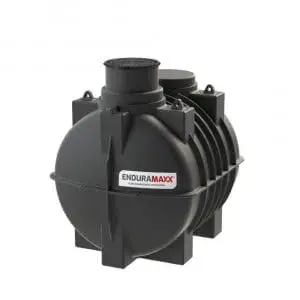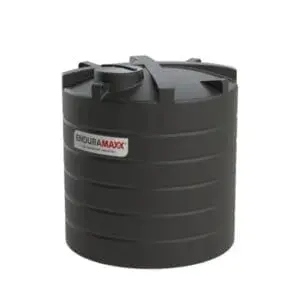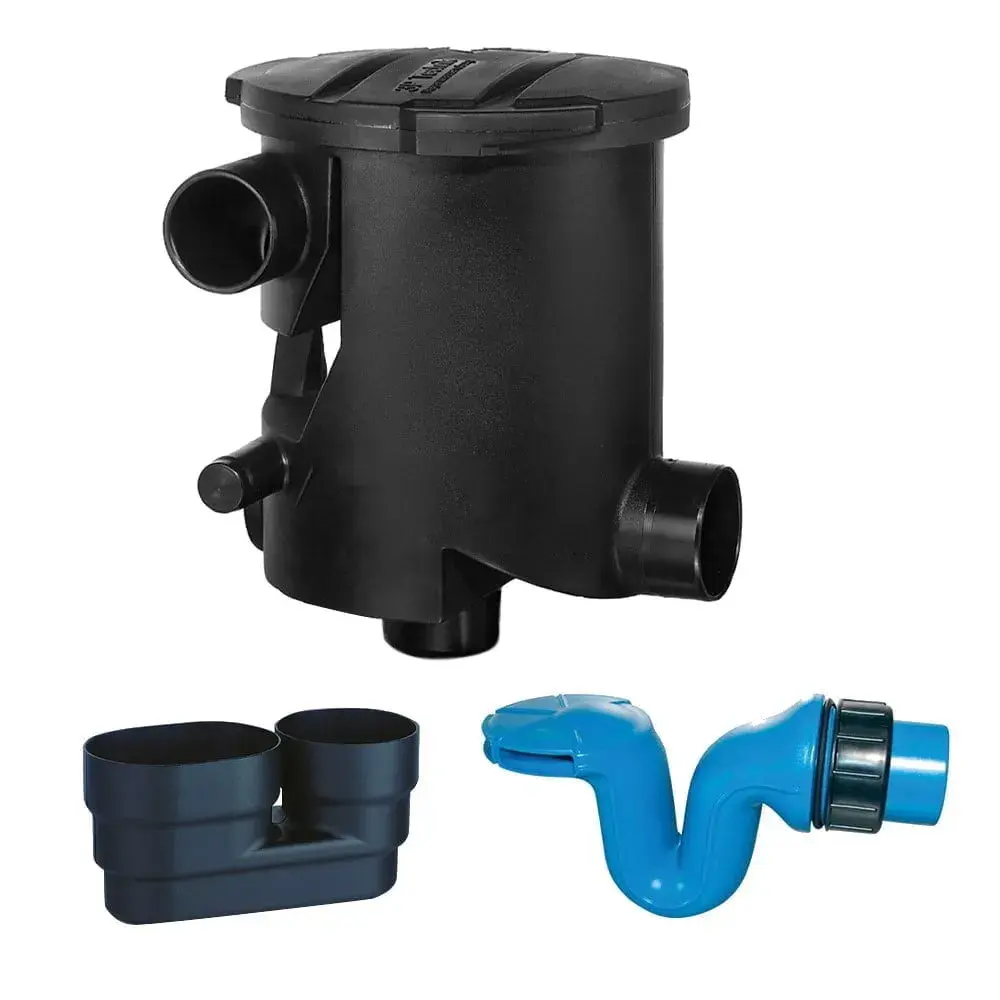What you need to know about farm water planning, water is one of the most crucial elements of any farm. Livestock drinking requirements and monitoring water supply are important factors for farmers to plan their water consumption on both a daily and annual basis and has a significant impact on farm productivity.
Farm water planning takes into account the risks associated with water supply reliability. Shortages on stock water can limit productivity, poor water quality can also hinder the growth of livestock and overall, the goal of farm water planning is to establish a sufficient amount of water when and where you need it.
Farm Water Balance
One of the key components of farm water planning involves understanding the balance between water supply and use. Farmers need to check the source of their water supply before a forecasted drought to prepare for the impending scarcity of water. Using water for lower-priority activities such as cleaning tools and machines won’t leave enough water for their crops or livestock as every drop will count.
Budgeting water consumption and understanding how water is distributed to livestock and crops are two key factors in planning the use of farm water. Seasonal weather patterns can help guide farmers decide on when and when not to use water on their crops.
Livestock Water Requirements
Having various types of livestock on your farm requires you to store large volumes of water. Daily intake of water varies among different types of livestock and their activity level as well as the type of feed consumed and environmental factors such as climate and temperature. Nursing ewes that consume dry feed require 10 litres of water per day, while dairy cows that are for milking require 150 litres per day. If you are unsure of the water requirements of your livestock, contact an experienced livestock producer for advice on the proper distribution of water.
Selecting the Right Water Storage
A water reservoir on your farm is significantly helpful during times of drought or other situations where water is scarce. One of the most efficient types of water storage units is rainwater tanks. Rainwater provides an immediate source of water while helping you plan out your water supply and use for your crops and livestock.
Enduramaxx offers a wide range of water tanks from horizontal tanks which can be used as water bowsers to large vertical rainwater tanks. Our rainwater tanks are suitable for various commercial, residential and agricultural applications. There are grants for rainwater harvesting which are available in regions of the country.
If you own a small farm with a few livestock and crops, you can choose from our rainwater tanks that can hold between 500 litres to 5,000 litres of rainwater. If you are looking for a larger tank, our large rainwater tanks can hold capacities between 7,000 litres to 30,000 litres. If you’re stuck with your farm water planning please get in touch.
Posts By Topics
- Blog (303)
- Chemical Storage Tanks (118)
- Chemical Dosing Tanks (114)
- Chemical Tanks (114)
- Water Tanks (58)
- Rainwater Harvesting Tanks (43)
- Vertical Rainwater Tanks (31)
- Vertical Storage Tanks (31)
- Cone Bottom Tanks (19)
- Conical Cone Tanks (18)
- Rainwater Harvesting (17)
- Water Bowsers (15)
- Horizontal Tanks (14)
- Potable Water Tanks (13)
- Farming (9)
- Case Studies (8)
- Industrial Storage Tanks (7)
- Liquid Fertilser Storage Tanks (6)
- WRAS Approved Potable Tanks (6)
- Wine and Beer Production (6)
- Horizontal Transport Tanks (5)
- Microbrewery (5)
- Rainwater (5)
- Category 5 Break Tanks (4)
- Cider Production (4)
- Mixer Tanks (4)
- Molasses Tanks (4)
- Polyethylene tanks (4)
- Rainwater Filter Kits (4)
- SPECIALIST & BESPOKE TANKS (4)
- Bunded Tanks (3)
- Slimline Tanks (3)
- WRAS Approved (3)
- Clarification Tanks (2)
- Crosslinked Polymer Tanks (XLPE) (2)
- Fertiliser Tanks (2)
- Sump Tanks (2)
- Tank Installation (2)
- Water Butt (2)
- underground water tanks (2)
- ACCESSORIES & FITTINGS (1)
- ATV & UTV SPRAYING UNITS (1)
- Above Ground Effluent Tanks (1)
- Bespoke Tank Frames (1)
- Category 5 Turret (1)
- Caustic Soda Tanks (1)
- Closed Top Bunded Tanks (1)
- Craft beer (1)
- Effluent Tanks (1)
- Enduramaxx (1)
- Ferric Chloride Tanks (1)
- Fire Safety Regulations (1)
- Fire Sprinkler Water Storage Tanks (1)
- Industrial Water Tank (1)
- Open Top Bunded Tanks (1)
- Open Top Cone Tanks (1)
- Open Top Vertical Tanks (1)
- Polyethylene Potable Water Tanks (1)
- Polyvinylidene Fluoride (PVDF) Tanks (1)
- Polyvinylidene Fluoride Tanks (PVDF) (1)
- Pressure Washers (1)
- Pro Series Spot Sprayers (1)
- RWH (1)
- Sodium Hydroxide Storage Tanks (1)
- Sprayer Fill-up Tanks (1)
- Uncategorised (1)
- liquid fertiliser tank (1)
Sign up to the newsletter
enduramaxx.marketing
Related Posts
Farm Water Bowsers, Road Tow, Farm Tow & Skid Mounted
Farm water bowsers are a trailer fitted with a tank that can carry Water, AdBlue or Liquid...
Water Storage For Farm Fires, Static & Transport Tanks
Any farmer will be aware of the risk of farm fires. Farm fires are probably one of the worst things...
Not All Farms Have Fields, What Are Tank Farms?
Not all farms have fields… what are tank farms – Tank farms are a collection of tanks designed to...
Related Products
From £1,080.00 inc. VAT
£900.00 exc. VAT
From £1,344.00 inc. VAT
£1,120.00 exc. VAT
From £768.00 inc. VAT
£640.00 exc. VAT
£480.00 inc. VAT
£400.00 exc. VAT





